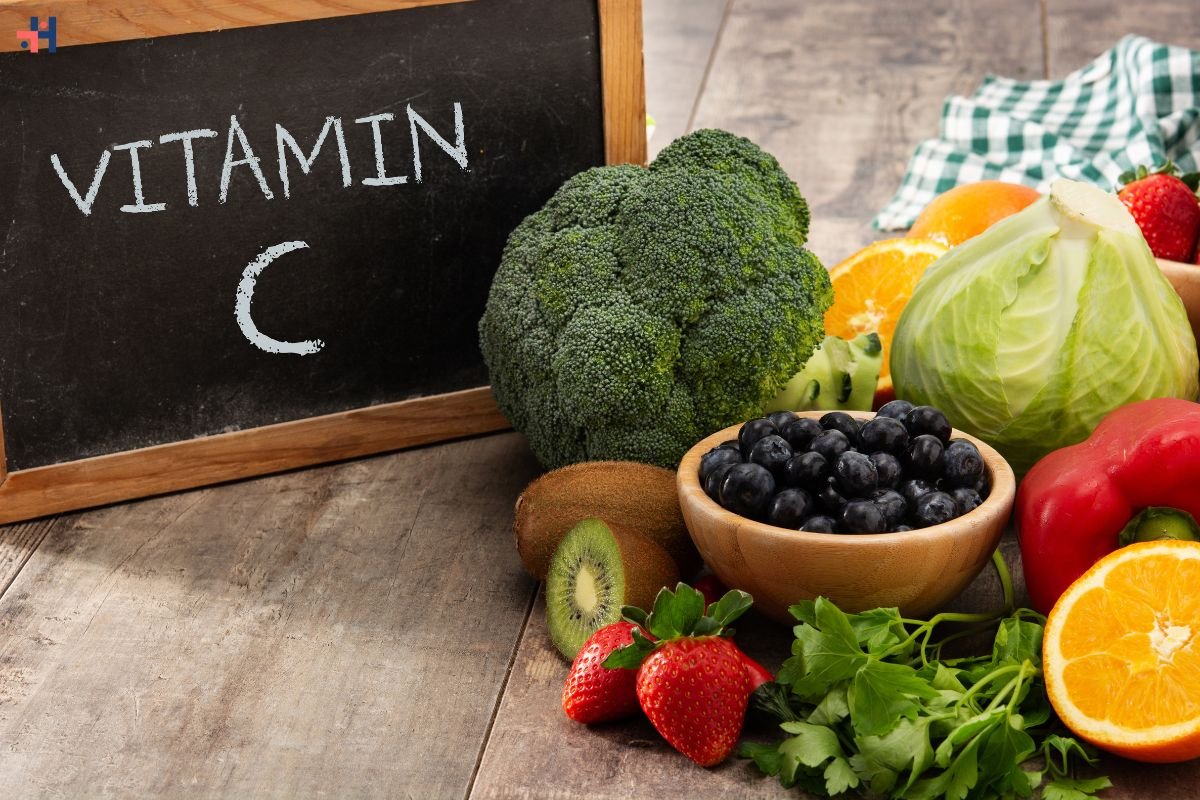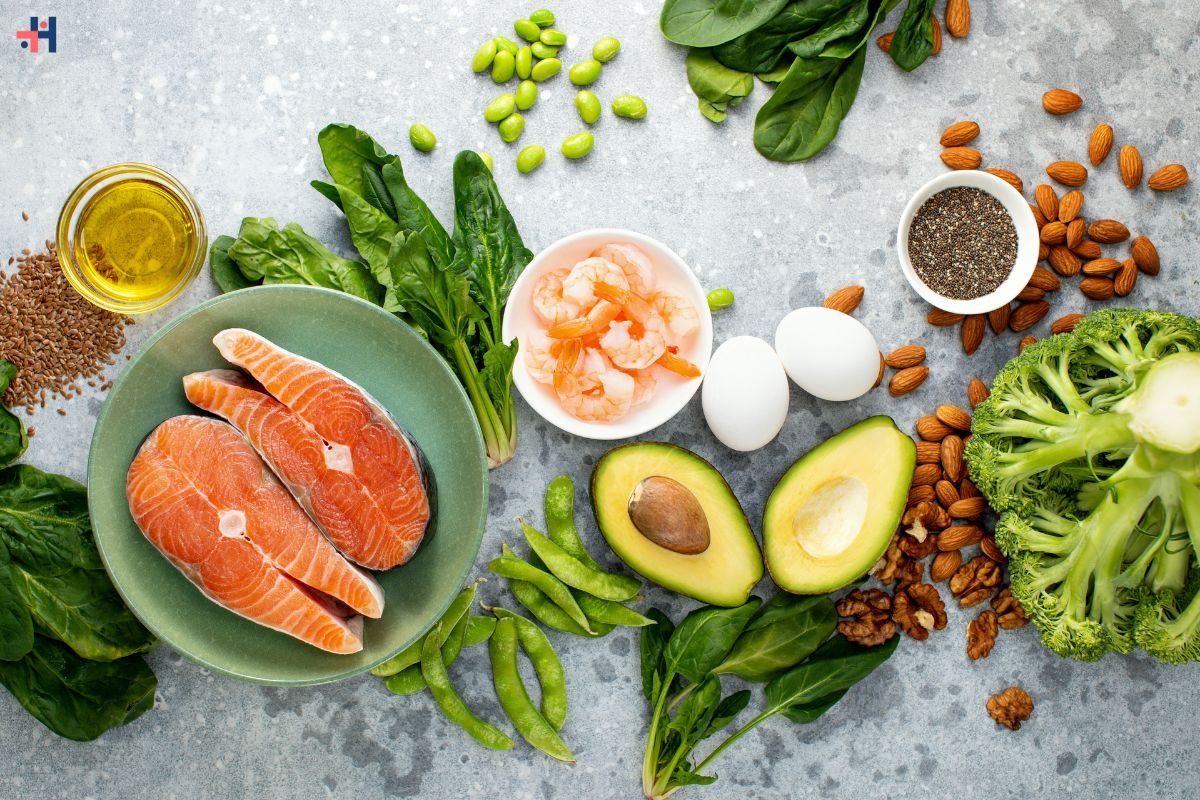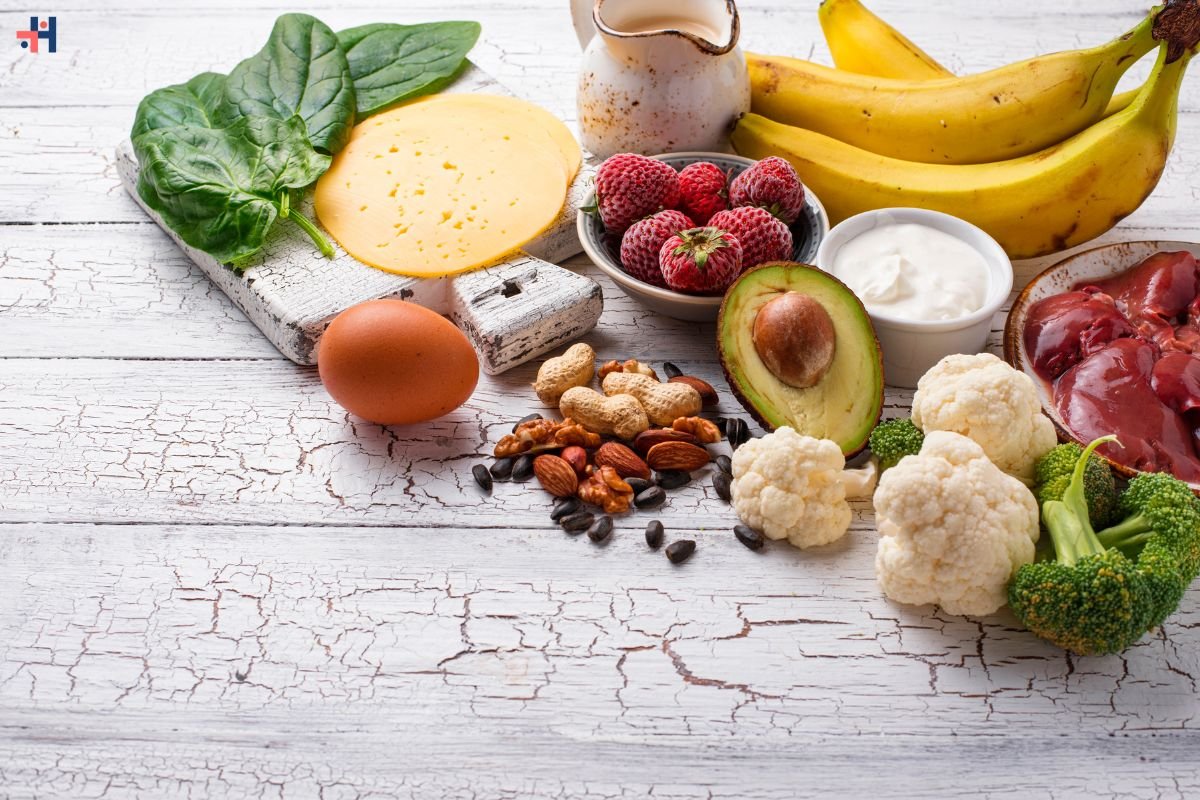The Quest for Glowing Skin
Achieving healthy, glowing skin is a common goal for many, and vitamins play a crucial role in maintaining skin health. The right vitamins can help reduce signs of aging, improve skin texture, and protect against environmental damage. In this comprehensive guide, we will explore the key essential for healthy skin vitamins and how they contribute to maintaining a radiant complexion.
Vitamin A: The Anti-Aging Powerhouse
Vitamin A, often found in skincare products as retinoids or retinol, is renowned for its powerful anti-aging properties. It plays a vital role in cell production and turnover, which helps to keep the skin smooth and free from blemishes.
- Benefits for Skin: Vitamin A helps to reduce wrinkles, fine lines, and age spots. It also promotes the production of new skin cells and improves skin elasticity, making it an essential component in anti-aging skincare routines.
- Sources: You can find Vitamin A in foods like sweet potatoes, carrots, and leafy green vegetables. Topical retinoid creams and serums are also popular for direct application.
Vitamin C: The Brightening Agent

Vitamin C is a potent antioxidant that protects the skin from free radical damage caused by UV exposure and pollution. It also plays a key role in collagen synthesis, which is crucial for maintaining the skin’s firmness and elasticity.
- Benefits for Skin: Vitamin C helps to brighten the skin, reduce hyperpigmentation, and even out skin tone. Its antioxidant properties also help to protect against environmental damage.
- Sources: Citrus fruits, strawberries, bell peppers, and broccoli are rich in Vitamin C. Additionally, many serums and moisturizers contain Vitamin C for topical application.
Vitamin E: The Moisture Lock
Vitamin E is another powerful antioxidant that works to protect the skin from oxidative stress. It also has moisturizing properties that help to maintain the skin’s hydration levels.
- Benefits for Skin: Vitamin E helps to soothe and hydrate the skin, making it an excellent choice for dry or sensitive skin types. It also aids in healing and can reduce the appearance of scars.
- Sources: Foods like almonds, sunflower seeds, and avocados are rich in Vitamin E. It is also available in many moisturizers and oils for topical use.
Vitamin D: The Skin Healer

Vitamin D, often referred to as the “sunshine vitamin,” is synthesized by the skin when exposed to sunlight. It plays a critical role in skin cell growth, repair, and metabolism.
- Benefits for Skin: Vitamin D helps to promote healthy skin cell production and repair damaged skin. It is also beneficial for conditions like psoriasis and eczema.
- Sources: While sunlight is the primary source of Vitamin D, it can also be found in foods like fatty fish, fortified dairy products, and supplements.
Vitamin K: The Dark Circle Fighter
Vitamin K is essential for blood clotting and healing wounds, and it can also help to reduce the appearance of dark circles and bruises.
- Benefits for Skin: Vitamin K aids in reducing dark circles under the eyes, bruising, and spider veins. It also supports the skin’s healing process.
- Sources: Leafy green vegetables like kale, spinach, and broccoli are excellent sources of Vitamin K. It is also found in topical creams designed to address dark circles and bruising.
B Vitamins: The Skin Soothers

The B vitamin complex, including B3 (niacinamide), B5 (pantothenic acid), and B7 (biotin), plays a multifaceted role in maintaining healthy skin vitamins.
- Benefits for Skin: B vitamins help to improve skin tone, reduce inflammation, and enhance the skin’s barrier function. Niacinamide, in particular, is known for its ability to reduce redness and improve the skin’s texture.
- Sources: Whole grains, eggs, nuts, and seeds are good dietary sources of B vitamins. Niacinamide is also commonly found in serums and moisturizers.
Incorporating Healthy Skin Vitamins into Your Skincare Routine
To reap the maximum benefits of these essential vitamins, consider incorporating them into both your diet and skincare routine. Here are some tips on how to do so effectively:
- Balanced Diet: Ensure your diet includes a variety of fruits, vegetables, nuts, seeds, and lean proteins to provide your body with the vitamins it needs for healthy skin.
- Topical Applications: Use skincare products that contain these essential vitamins. Look for serums, moisturizers, and creams specifically formulated to deliver vitamins to the skin.
- Supplements: If you have difficulty getting enough vitamins from food alone, consider taking supplements. However, always consult with a healthcare professional before starting any new supplement regimen.
- Sun Protection: While Vitamin D is important, protect your skin from excessive sun exposure by using sunscreen daily. Balance sun exposure with the need for Vitamin D through safe sun practices or supplements.
Conclusion: Nourishing Your Skin by Healthy Skin Vitamins
Healthy, radiant skin is a reflection of overall well-being and proper nutrition. By ensuring you get enough of the essential healthy skin vitamins through diet, supplements, and skincare products, you can maintain your skin’s health and appearance. Remember that a holistic approach, combining good nutrition, skincare, and healthy lifestyle choices, is the key to unlocking your skin’s full potential. Embrace the power of vitamins for healthy skin and enjoy the benefits of a glowing, youthful complexion.










